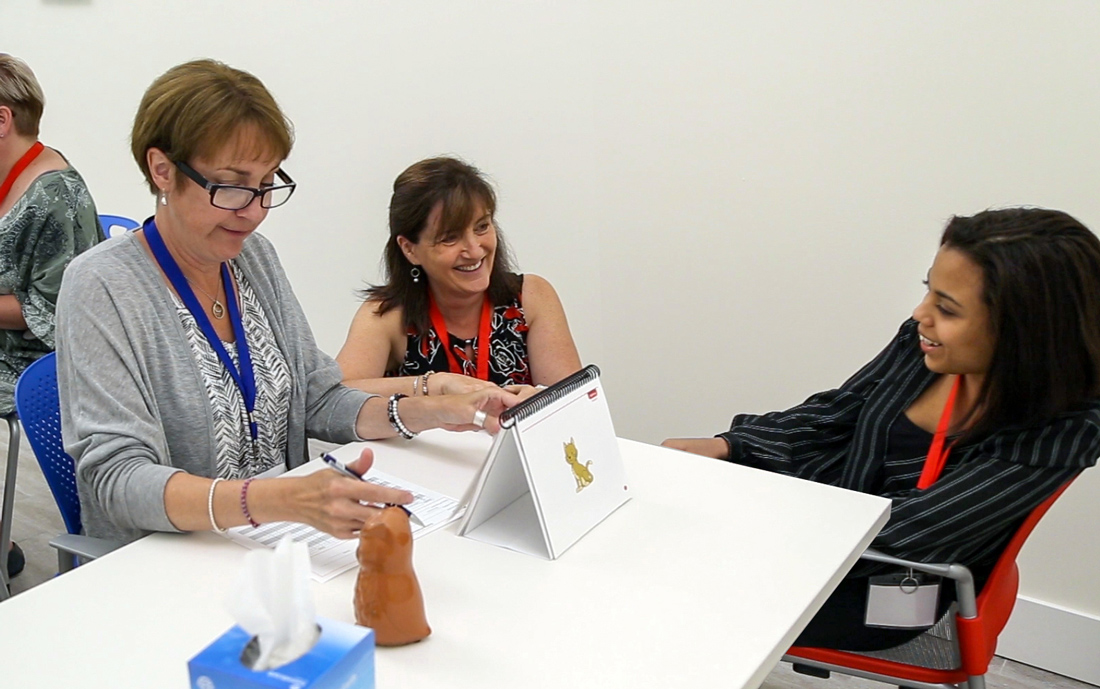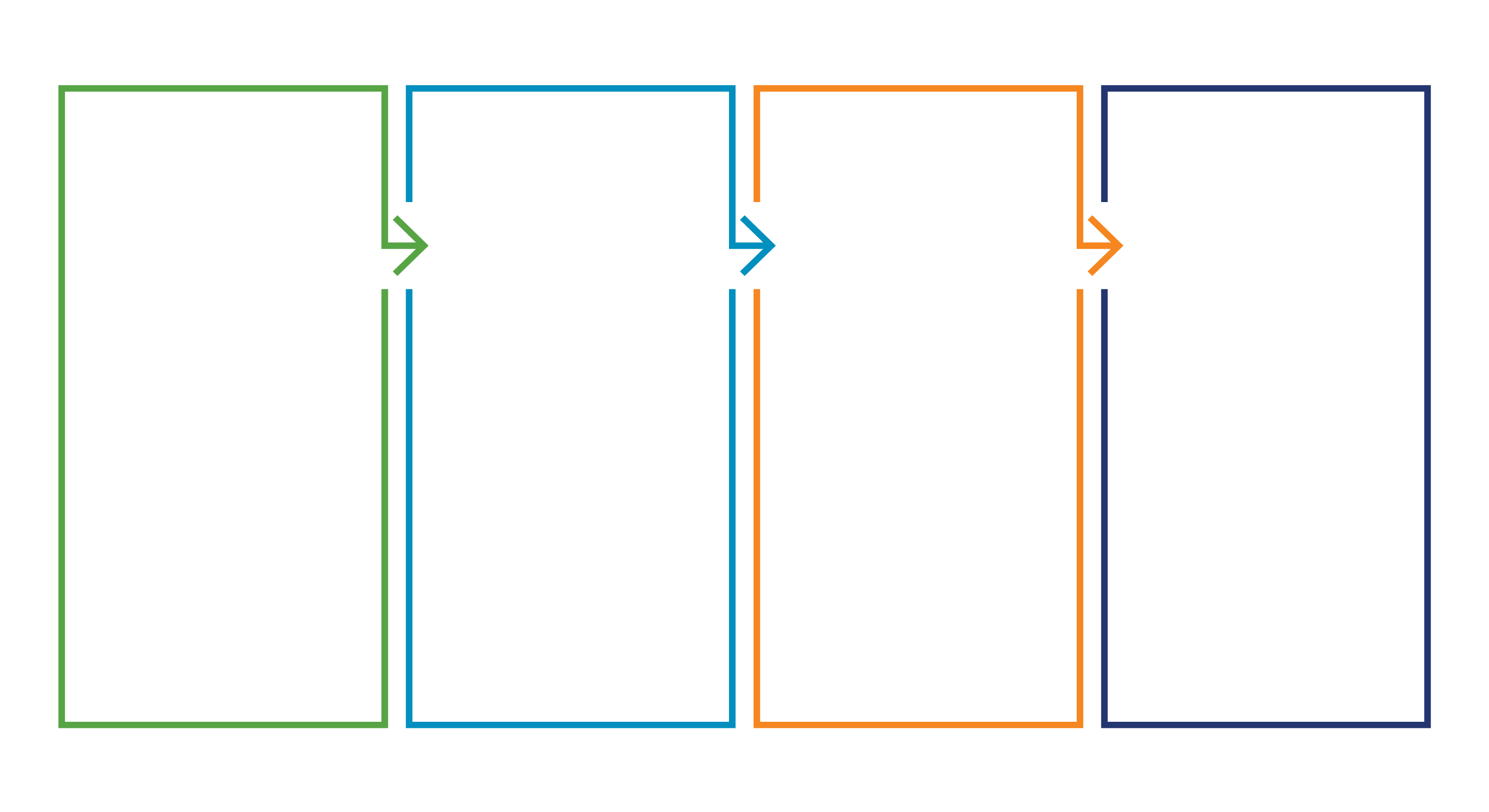Achieve sustainable gains in student literacy
Become a certified Literacy Coach
Certified Confident Learners Literacy Coaches are equipped with the skills and knowledge to successfully support schools implementing Confident Learners. Successful implementation of this transformational literacy program involves professional learning for teachers and administrators in order to achieve sustainable gains in student literacy achievement.

Literacy Coach Role
Confident Learners Literacy Coaches:
- collaborate with school leaders on maximizing the success of their teachers;
- deliver in-person and virtual professional learning workshops to principals, literacy leads, teachers, and support staff;
- work one-on-one with both educators and children to provide in-class instructional coaching;
- assist clients in overcoming challenges to achieving their implementation goals; and
- communicate school progress and needs with The Learning Bar support team.
Eligibility Requirements
- A Bachelor’s degree in Education from an accredited post-secondary institution.
- Classroom teaching experience in the elementary grades.
- Successful completion of certification training, assignments, and final self-evaluation.
- Sign a Statement of Commitment with The Learning Bar.
- Maintaining Literacy Coach Certification requires participation in at least one Literacy Coach professional learning session a year (webinar or in-person) delivered by The Learning Bar.
Literacy Coach Professional Learning Outline
Day 1: The science of literacy
- The research supporting the Confident Learners Literacy Program
- Critical components of literacy, and the Simple View of Reading
- The scope and sequence of the Confident Learner’s literacy pathway (domains, sub-domains, skills)
- Similarities and differences between grade-based curriculum and the Confident Learner’s literacy pathway
Day 2: Application of instructional tools
- All program components and intended use in schools
- Assessment administration
- Instructional web-application utilization (system set-up, instructional planning, progress monitoring, resources, and reporting)
- The active teaching model
- Common implementation questions and troubleshooting issues
Day 3: Effective practices in professional learning and coaching
- The Confident Learners professional learning modules and framework
- Effective practices in adult instruction and coaching
- Appropriate professional learning models corresponding to client need
- Current trends in literacy and instructional practice (common instructional practices, approaches, literacy programs)
- Strategies to improve implementation (common literacy programs, literacy block structures, provincial curriculum mandates/assessments, barriers to change)
Day 4: Literacy Coach competencies
- Confident Learners Literacy Coach professional expectations and obligations
- The Educational Prosperity Framework
- Strategies for working in a culturally appropriate way with individuals from diverse communities and cultures
- The Literacy Coach’s role in the community, school, and classroom
Day 5: Implementation planning practice
- Review and applied practice


